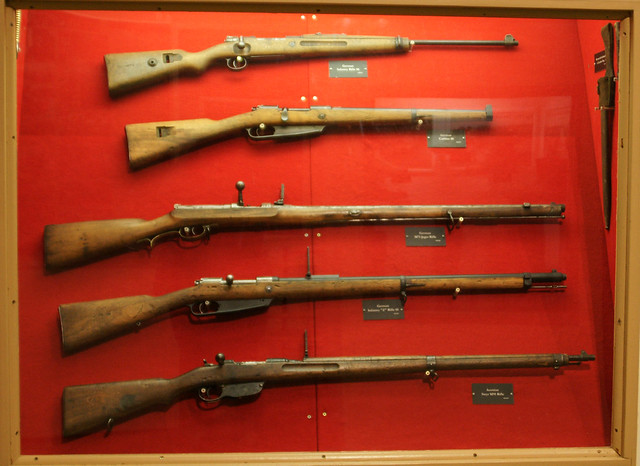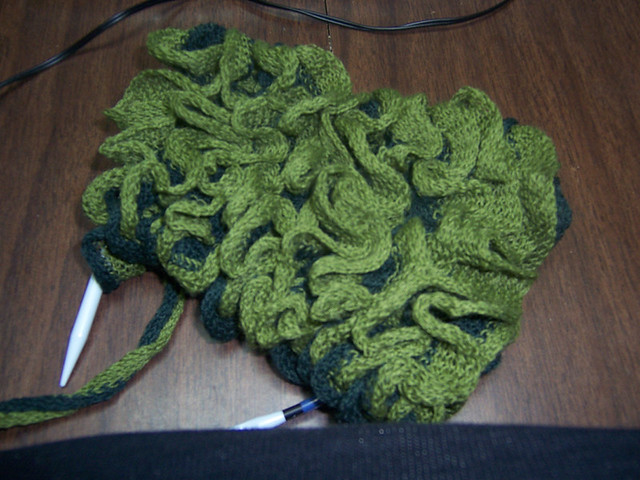Have you a swashed any buckles or buckled any swashes recently? Do you known the differences between a pirate, a privateer and a buccaneer? What about a freebooter or a corsair?
A swashbuckler is a swordsman or fencer who engages in showy or extravagant swordplay, a daring adventurer or a kind of period adventure story with flashy action and a lighthearted tone [source].
A swashbuckler likes to swashbuckle, that is, take part in exciting romantic adventures [source].
Swash as a noun has a variety of meanings, including:
- The water that washes up on shore after an incoming wave has broken.
- A narrow sound or channel of water lying within a sand bank, or between a sand bank and the shore, or a bar over which the sea washes.
- A wet splashing sound.
- A smooth stroke; a swish.
- A swishing noise.
- A long, protruding ornamental line or pen stroke found in some typefaces and styles of calligraphy.
- A streak or patch.
As a verb, to swash means:
- To swagger; to act with boldness or bluster (toward).
- To dash or flow noisily; to splash.
- To swirl through liquid; to swish.
- To wade forcefully through liquid.
- To swipe.
- To fall violently or noisily.
- To streak, to color in a swash. [source].
Swash also appears in swash letter (an italic capital letter with top and bottom flourishes, intended to fill an unsightly gap.) [source]; and swish-swash (a repeated swishing action or sound, going back and forth) [source].
A buckler is “a kind of shield, of various shapes and sizes, held in the hand or worn on the arm (usually the left), for protecting the front of the body. In the Middle Ages in England, the buckler was a small shield, used not to cover the body but to stop or parry blows.” [source].
A pirate is “a criminal who plunders at sea; commonly attacking merchant vessels, though often pillaging port towns.” It comes from Old French pirate (pirate), from Latin pīrāta (pirate), from Ancient Greek πειρατής (peiratḗs – brigand, robber), from πεῖρα (peîra – trial, attempt, plot). It replaced the Old English word wīċing, which could refer to a pirate or a viking [source], although vikings were more commonly called Norþmenn (north people), hǣþene (pagans) or Dene (Danes) [source].
A privateer was historically a privately owned warship that acted under a letter of marque to attack enemy merchant ships and take possession of their cargo. An officer or any other member of the crew of such a ship, or in other words, a government-sanctioned pirate [source].
Buccaneer is another word for pirate, and specifically refers to pirates who preyed on the ships of other nations on the Spanish Main and in the Pacific in the 17th century. It comes from French boucanier (buccaneer), from boucaner (to smoke or broil meat and fish, to hunt wild beasts for their skins), from boucan ([Tupi-style] grill), from Old Tupi m(b)oka’ẽ (wooden grill) [source].
A freebooter refers to an adventurer who pillages, plunders or wages ad-hoc war on other nations. It comes from Dutch vrijbuiter (freebooter, pirate), from vrijbuit (plunder, spoils) [source]. The old word flibustier (a French pirate in the Americas) comes from the same roots [source], as does filibuster [source].
Incidentally, the Dutch word buit (spoil, booty, loot, prey, gains), and the English word booty, might ultimately come from the Proto-Celtic word *boudi (victory, booty, spoils), as does the name Boudica [source].
A corsair refers specifically to French privateers, especially from the port of Saint-Malo, and the ships they sail. It can also refer to privateers and pirates in general.
It comes from French corsaire (privateer, corsair, pirate), from Italian corsaro (privateer, corsair, pirate), from Medieval Latin cursārius (pirate, sea-raider), from Latin cursus (course, running, race, way, passage, journey, voyage) [source].
Are there any other words for pirate that I’ve missed?
For more seafaring-related words, see this podcast, which inspired this post:
















